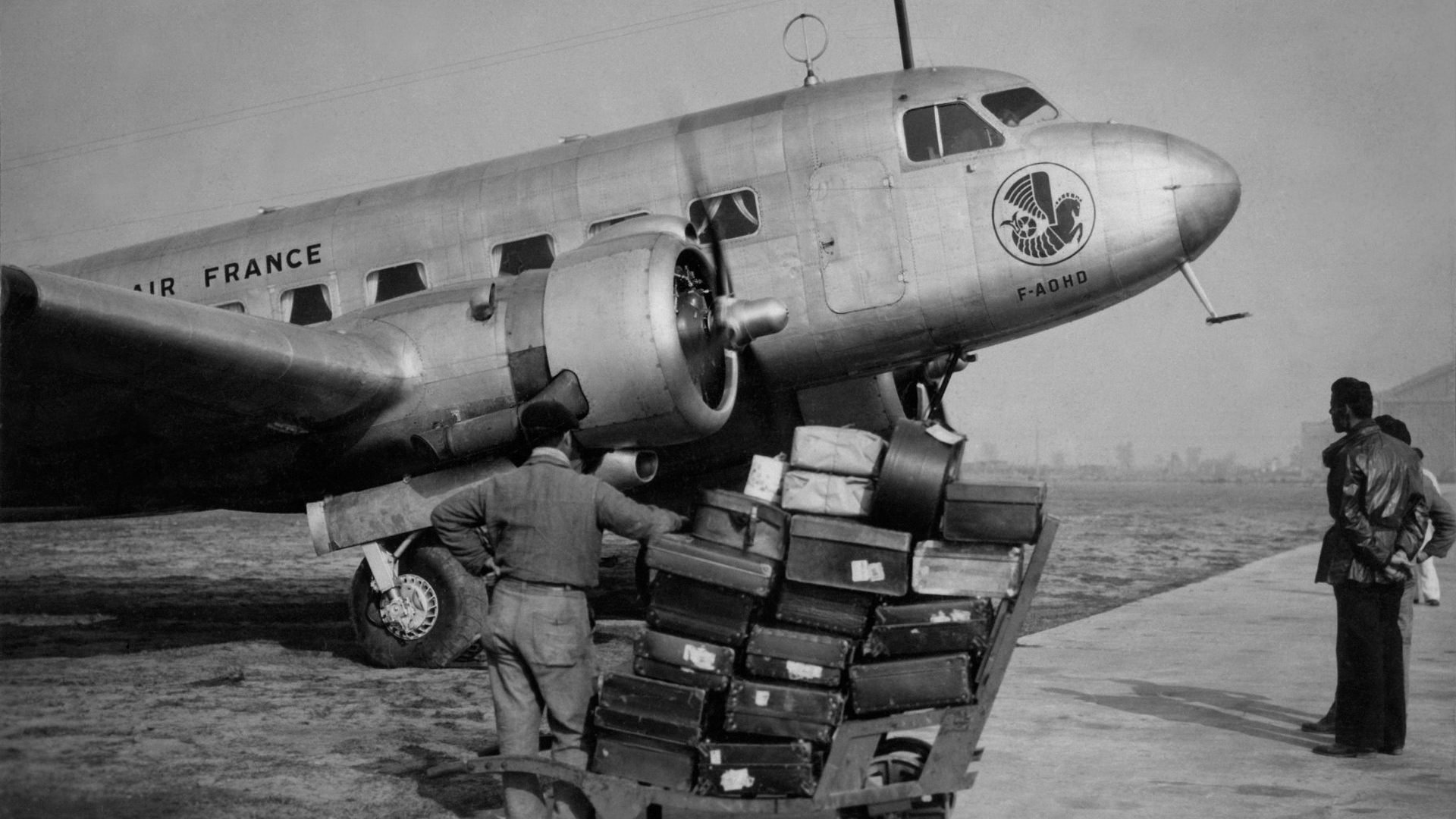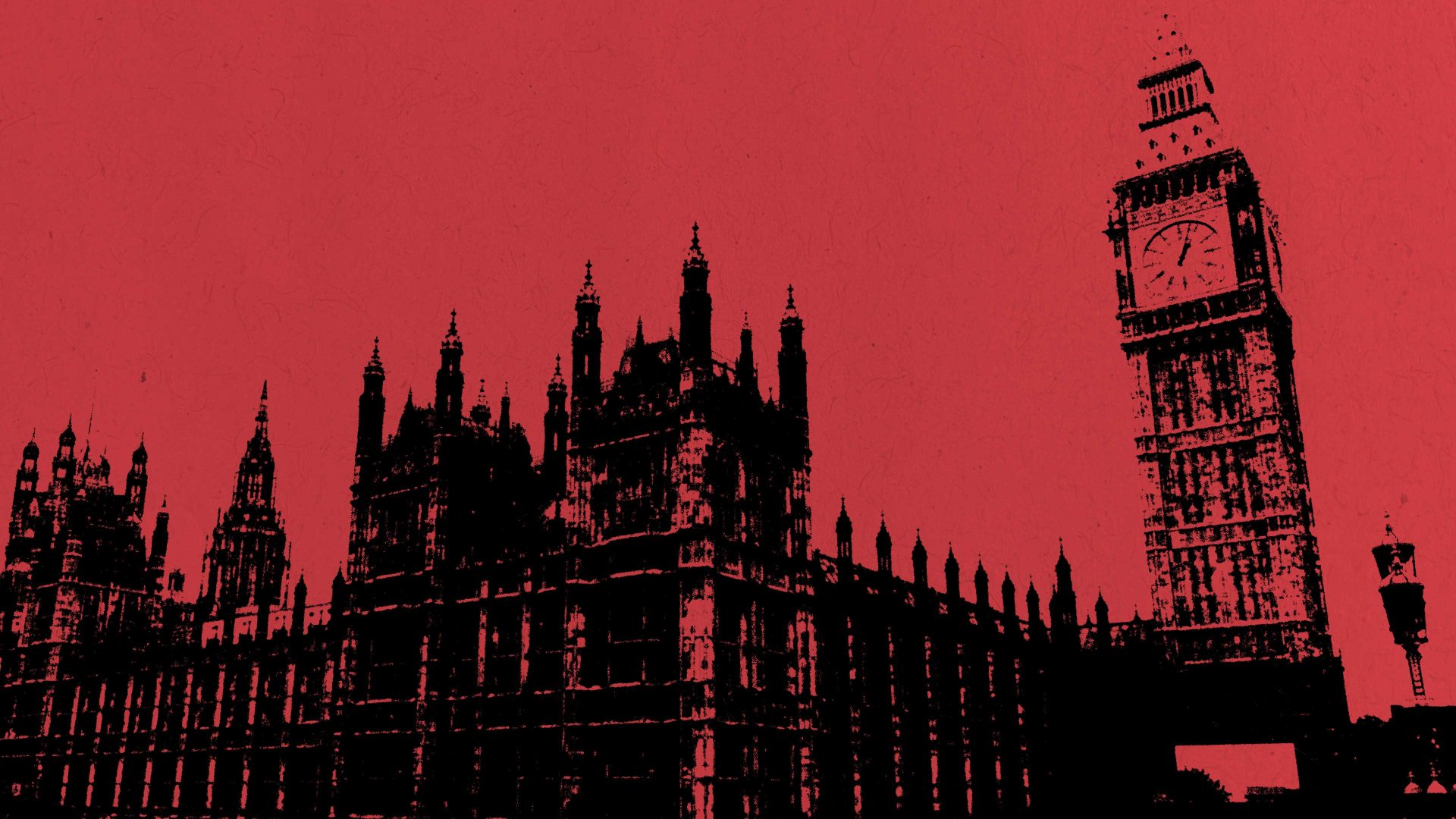Gatwick, Schiphol, Paris, Dublin, Stockholm, Frankfurt, Manchester. Just about everywhere you look, airports across Europe are struggling. Struggling to get passengers checked in, through security and on and off planes on time. Struggling to find lost luggage, struggling to take off and land on time; even struggling to keep flying, with many flights getting cancelled with minutes to spare.
In what was supposed to be a summer of “revenge travel”, with holidaymakers jetting off to the sun to let off steam built up during the pandemic, the actual revenge seems to be that inflicted by airport workers on an industry that has underpaid and undervalued them. Subsequently, there are stories of disabled travellers being left to wait on empty planes because of a shortage of subcontractors who are paid to help them off the aircraft. And in a sign of a complete crisis, pilots have even been seen helping to load suitcases on to their aircraft.
The UK government has issued a 22-point plan to solve this crisis, which will doubtless be welcomed by the industry, even if much of it seems to involve writing letters to the industry telling them to do better. The Civil Aviation Authority is putting pressure on the airlines to bring new recruits into the system. But that will take time. For now, timetables are being cut back.
Airlines like BA and easyJet, and tour operators like Tui are having to cancel flights and reduce their schedules because they cannot cope. BA has cancelled 10% of all flights until October, Gatwick is cutting the number of daily flights to 825 in July and 850 in August, down from 900 a day in previous years. Fifty to 75 fewer flights every day at one of the country’s busiest airports at the summer peak of business is going to hurt.
Just this week Peter Bellew resigned as chief operating officer at easyJet after the company was forced to cancel thousands of flights. The airline has cut about 10,000 of the 160,000 flights scheduled to run in July, August and September. In America, Independence Day turned into chaos for many travellers as 267 flights were cancelled and a staggering 2,300 delayed.
The airline industry had the whole of the Covid lockdown to get ready for the pent-up demand of millions of frustrated tourists and travellers, which everyone knew was on the way. They have failed. What on earth went wrong? Is the crisis another byproduct of Britain’s wretched Brexit? Or something else?
In part, the problem is that Covid did not do what it was expected to do, economically speaking. When it first began, it was expected that when the lockdowns and restrictions were over, and all those government subsidies and grants disappeared, there would be a surge of unemployment as companies cut costs and laid off staff to deal with a deep recession.
In truth, the opposite has happened. Economies bounced back as suppressed demand was released and spending soared. That happened just as millions of people around the globe realised there is a world outside work and they rather like it. Millions have left the workforce, and the ones who remain seem to have discovered that there are plenty of other jobs available that are not poorly paid and badly managed, with irregular and antisocial hours.
In short, managers are finding that, if they want people to come and work for them at the drop of a hat, they actually have to be nice to them – which means paying them more and treating them better. It seems to have come as quite a shock.
This has been a common factor in many countries but for the UK, which was so dependent on a vast number of fit, young, keen, hardworking and readily available Europeans to do all these jobs, it has been a particular shock.
No wonder the airline industry has blamed leaving the EU for some of the current troubles. Johan Lundgren, chief executive of easyJet, claims 8,000 job applications from EU citizens have been binned because, post-Brexit, they don’t have the right to work in the UK any longer. “The pool of people is smaller, it’s just maths,” he said.
Ryanair’s Michael O’Leary took up the theme. “It’s completely to do with Brexit,” he said. “A lot of these pinch points would be solved very quickly if we could bring in European workers.”
Both Lundgren and O’Leary want airport staff to be put on the fast-track visa system for essential and valuable workers. The government is resisting, pointing out that not only are these not highly skilled positions, which the fast-track system is designed to fill, they are not particularly well-paid ones either. The fact that other European countries are having similar issues indicates that there is not a huge swathe of Europeans out there, desperate to work in Britain’s airline industry.
Jacob Rees-Mogg has sneered, “Schiphol is worse. There are all these people who say that anything that happens is a problem of Brexit. But they miss the fact that the Netherlands is still a leading member of the EU. Sweden closed a motorway because they were worried about people spilling out on to the motorway and getting run over because the airport was so crowded. Has Sweden left the European Union?” Painful as it might be to say so, this is one occasion when Rees-Mogg might have a point – but even then it is only up to a point.
Of course, Brexit has played its part in this crisis – some EU workers in the aviation industry will have gone home; some British workers in the aviation industry who were laid off in the pandemic will have gone on to fill gaps left by departing EU workers in other industries, notably hospitality. And Brexit continues to play its part – perhaps putting airport staff on the fast-track system might produce only dribs and drabs of extra staff, but even they would help. Germany, not ideologically bound to denying entry to workers from other countries, has just announced it will fast-track permits and visas to airport workers from Turkey to help with its own travel chaos.
These factors exacerbate a wider crisis; that airlines and airports across Europe misjudged how many staff they needed to keep on, thought sacked workers would come running back and that there would still be a huge pool of available labour to tap into. It is easy to see why the airlines looked for savings – at one point during the lockdown Lufthansa was burning through €1m an hour – but it has backfired on them.
Airports have traditionally relied on a pool of workers who do everything from cleaning to baggage handling, security, check-in and catering. Airports are huge businesses that employ thousands, but they are also a tangled web of interacting companies.
The cleaning staff are employed by one subcontractor, the security guards by another, the catering for airlines is provided by a dozen companies and the refuelling and baggage handling by even more firms. But if just one company is short of staff on the day, then the whole system grinds to a halt.
Airline servicing companies like John Menzies and Swissport service airports around the world. But they let tens of thousands of staff go and that is having consequences.
It is hardly surprising that Swissport needs so many new staff – during the pandemic it got rid of 20,000 of its 65,000 staff worldwide. It more than halved its workforce in the UK and Ireland. Now the company is trying to recruit 30,000 people worldwide.
John Menzies did the same, halving its workforce by cutting 17,500 positions. At the time it said it hoped that many staff would return when the travel industry returned to normal. But like nearly every other part of the airline and airport sector it seems to be recruiting like mad.
This has left the industry with a real headache because airports are high-security areas and new staff need background checks and vetting – which can take nearly four months – before they can work there. It does not seem that many of the thousands the industry fired during lockdown, and who were presumably already vetted, are keen to come back and help out.
That comes down to money and conditions. What the aviation industry is discovering, like many others, is that Covid has changed the relationship between capital and labour. The endless shift towards removing costly permanent staff, outsourcing almost everything, driving down wages, expecting people to put up with inconvenient shifts and irregular hours, may be coming to an end.
Just look at BA. For decades now it has been cutting the terms and conditions of its cabin crew, curtailing pension schemes, reducing allowances and desperately trying to get rid of older and more experienced staff and replace them with younger, cheaper cabin crew on worse contracts. Despite all the furlough money it took, the airline still got rid of 10,000 staff during lockdown – it seems to have seen Covid as a chance to finish the job.
BA is now offering a £1,000 signing-up payment for new cabin crew and it is offering the same to staff who persuade a friend or family member to join up. But it is fishing in the same employment pool as all the other airlines and, as Lundgren says, that pool has just got a lot smaller.
Which means that BA is having to hire in planes from other airlines such as Finnair to fill in the gaps. These aircraft are being hired on so-called “wet leases” meaning BA is hiring not just the plane but the crew as well. BA isn’t short of aircraft, but it does not have the staff to crew them. Wet leasing also has the advantage that BA can use EU citizens as cabin crew, getting around Brexit limitations in a very expensive way.
The problems of the industry in the UK and abroad are being exacerbated by a series of strikes. Many staff are demanding more pay and better conditions. Some are fighting to get back the pay cuts imposed on them during Covid. The common theme is, however, easy to see.
Striking when your employer could easily replace you with agency staff or outsource your job was always perilous. But when you know your company can’t recruit enough staff to run its scheduled flights, let alone hire more to replace striking workers, you have them over a barrel.
Treating people badly when you thought they were 10 a penny comes back to haunt you when the penny drops and those workers realise they are now worth more than you were paying them.
It’s going to be a long, hot summer for holidaymakers – in check-in and baggage queues at Europe’s airports, at least.




